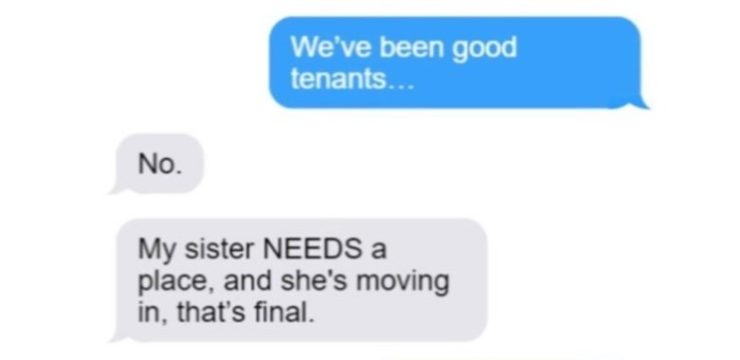Dining out as a family can be a wonderful experience, but it often comes with challenges, especially when children are involved. Parents frequently struggle to keep their kids entertained and well-behaved in public, which can lead to stressful situations not just for them but for other diners. Recently, a couple’s claim that they were penalized by a restaurant for their children’s behavior sparked a heated online debate about parenting, etiquette, and what businesses can reasonably expect from their customers.

The story began at the Toccoa Riverside Restaurant, a scenic and popular dining spot located near Blue Ridge in North Georgia. Nestled by the Toccoa River, the restaurant is well-known for its tranquil ambiance and mountain views, attracting visitors who enjoy the peaceful atmosphere. However, it became the center of controversy when a Reddit user shared their experience, claiming the restaurant charged them an extra $50 for what was described as “poor parenting.”
According to the Reddit post, the user recounted being approached by the restaurant’s owner, Tim Richter, who informed them of the additional charge. “The restaurant owner told me that an extra $50 would be added to my bill because of my children’s behavior,” the post read. “I was so disappointed by the entire experience.” This claim quickly gained traction online, with people weighing in on whether such a policy was fair or out of line.
In response to the growing controversy, Tim Richter spoke to reporters to provide his perspective on the situation. He explained that the idea of a “poor parenting” fee was initially introduced during the COVID-19 pandemic as a way to offset rising operational costs. However, he clarified that the policy was more of a deterrent and had never actually been enforced. “No customer has ever been charged the fee,” he stated.
Richter admitted that the issue recently came to the forefront when a family with nine children dined at the restaurant. According to him, the children were running around the restaurant uncontrollably, disrupting the peaceful environment that the Toccoa Riverside is known for. Despite addressing the parents and warning them about their children’s behavior, Richter ultimately decided not to impose the charge. “We want parents to be parents,” he explained, adding that the restaurant values its serene atmosphere and the enjoyment of all guests.
The policy has drawn mixed reactions from customers and the public. For some, the idea of fining parents for their children’s misbehavior seems extreme. Florida visitor Laura Spillman expressed shock when she heard about the policy. “That is crazy,” she said. “For real? I don’t think you should do that because kids are cute.”
Others, however, see the policy as a way to encourage better behavior from families. Anne Cox, who was dining with her own family at the restaurant, suggested that the charge might motivate parents to manage their children more effectively. “Parents need to teach kids etiquette,” Cox said. “They need to learn how to behave. There are other people in the world, so kids should have fun in the right place.”
Meanwhile, some patrons expressed concern about the policy being unfair. Federico Gambineri, who was dining with his 20-month-old child, was surprised by the idea. “I’ve never heard of this before,” he said. “Since my 20-month-old may not always behave well at restaurants, I hope I won’t be charged. If I were, I’d be very unhappy about it and probably never recommend the place to anyone.”
Jack Schneider, a frequent customer of the restaurant, admitted to having mixed feelings about the concept. While unaware of the policy, he acknowledged the frustration of dining near disruptive children. “We’ve all sat next to tables where you think, ‘Hey, do something with that kid,’” Schneider remarked. “But at the same time, I really think it’s more on the parents to manage their kids.”
The debate over the Toccoa Riverside Restaurant’s policy highlights broader questions about parenting, public spaces, and shared responsibility. While some argue that a child’s behavior is a private family matter, others believe businesses have a right to maintain an enjoyable environment for all patrons. Many commenters agree that parents should take a more active role in teaching their children how to behave in public settings, particularly at restaurants where other diners are also trying to enjoy their meals.
Despite the controversy, the Toccoa Riverside Restaurant remains a popular spot for locals and tourists alike, known for its beautiful location and family-friendly atmosphere. Whether or not the “poor parenting” policy is ever enforced, it has undoubtedly sparked an important conversation about accountability and respect in shared public spaces.
What do you think about this story? Should restaurants have the authority to fine parents for their children’s behavior, or is this policy a step too far? Share your thoughts in the comments, and don’t forget to share this story with friends to see what they think. This discussion underscores the importance of balancing personal responsibility with the enjoyment of communal spaces, ensuring a positive experience for everyone involved.





 The video
The video
